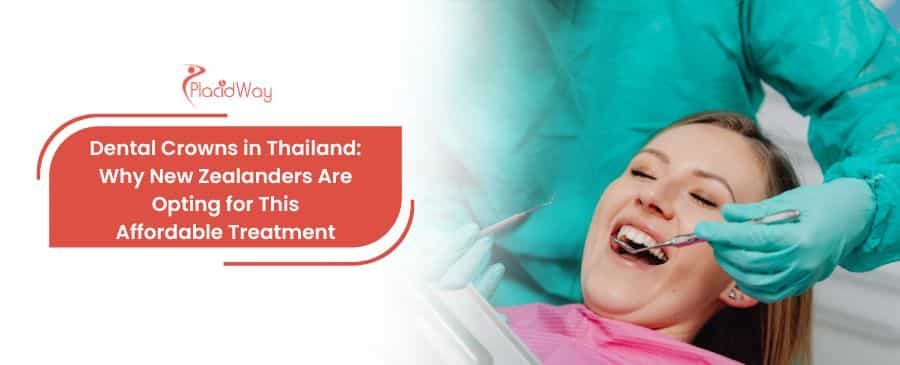
Key Takeaways
-
New Zealanders can achieve savings of 70-75% or more on high-quality dental crowns by choosing accredited clinics in Thailand over local treatment.
-
Top-tier Thai dental centres often hold JCI (Joint Commission International) accreditation, the same standard as top NZ and US hospitals, and use advanced technology like CEREC for same-day crowns.
-
A dental crown trip from New Zealand typically requires a 5 to 7-day stay for traditional crowns, or as little as 1-2 days for same-day CEREC procedures, making it a highly efficient dental holiday.
-
Zirconia Crown (per tooth): New Zealand: ~$2,200 - $3,200 NZD | Thailand: ~$600 - $900 NZD
-
Porcelain (E-Max) Crown (per tooth): New Zealand: ~$2,000 - $3,000 NZD | Thailand: ~$550 - $800 NZD
-
Cost in Turkey (Zirconia): ~$300 - $500 NZD
-
Cost in Mexico (Zirconia): ~$450 - $700 NZD
What Exactly Are Dental Crowns?
A dental crown, often called a 'cap', is a custom-made prosthetic cover that fits over a damaged, decayed, or cosmetically flawed tooth. It restores the tooth's shape, size, strength, and appearance, encasing the entire visible portion of the tooth above the gumline.
A crown is one of the most common and versatile restorative dental treatments. Your dentist might recommend a crown to:
-
Protect a weak tooth (from decay, for example) from breaking.
-
Restore a tooth that is already broken or severely worn down.
-
Cover and support a tooth with a large filling when there isn't much natural tooth left.
-
Hold a dental bridge in place.
-
Cover a dental implant.
-
Improve the appearance of a discoloured or poorly shaped tooth (cosmetic dentistry).
Modern crowns are no longer just functional; they are crafted to be virtually indistinguishable from your natural teeth, blending seamlessly with your smile.
Types of Dental Crowns Available in Thailand
Thai clinics offer the full spectrum of modern crown materials, from durable metal-based options to highly aesthetic, all-ceramic crowns. The best one for you depends on the tooth's location, the biting force it endures, and your aesthetic goals.
-
Porcelain-Fused-to-Metal (PFM): These crowns have a strong metal substructure with a layer of porcelain on top. They offer excellent durability and a good cosmetic appearance. They are a reliable, cost-effective choice, especially for back molars.
-
All-Porcelain / All-Ceramic: These provide the best and most natural look. They are an excellent choice for front teeth where aesthetics are paramount. They are metal-free, which is ideal for patients with metal allergies.
-
Zirconia (Zirconium Dioxide): This is a revolutionary material that combines the strength of metal with the aesthetics of porcelain. Zirconia crowns are exceptionally durable, resistant to chipping, and look very natural. They are a premium choice for both front and back teeth.
-
E-Max (Lithium Disilicate): This is a specific type of all-ceramic crown known for its superior translucency and aesthetic appeal. E-Max crowns are a top choice for cosmetic makeovers and are perfect for front teeth, matching the light-reflecting properties of natural enamel.
-
CEREC (Chairside Economical Restoration of Esthetic Ceramics): This isn't a material, but a method. Using CAD/CAM technology, a dentist can digitally design, mill, and fit a high-quality ceramic crown in a single visit. This is a massive advantage for dental tourism.
The "Thai Smile" Advantage: Why Kiwis Fly for Dental Work
The primary driver for New Zealanders seeking dental crowns in Thailand is the dramatic cost savings, but the decision is solidified by the high standard of care, English-speaking staff, and state-of-the-art technology available in major cities.
For decades, Thailand has cultivated a reputation as a world-class hub for medical tourism. For Kiwis facing long wait times or prohibitive costs at home, Thailand presents an almost unbeatable value proposition.
-
Massive Cost Savings: As the table below highlights, the savings are not minor. A single crown in New Zealand can cost more than a flight, accommodation, and the entire dental procedure in Thailand combined.
-
World-Class Quality & Accreditation: This is the most critical factor. Top dental centres in Bangkok, Phuket, and Chiang Mai actively seek JCI accreditation, a globally recognised gold standard for patient safety and quality of care.
-
Advanced Technology: Thai clinics catering to international patients invest heavily in the latest dental tech. Digital X-rays, 3D CT scanners, and in-house CEREC milling machines are common, offering precision and speed that often surpasses what's available in a standard local clinic in NZ.
-
The Dental Holiday: The concept of a dental holiday is a major draw. Patients can fly from Auckland, receive treatment over a few days, and then spend a week recovering on a beautiful beach in Phuket or exploring the temples of Chiang Mai.
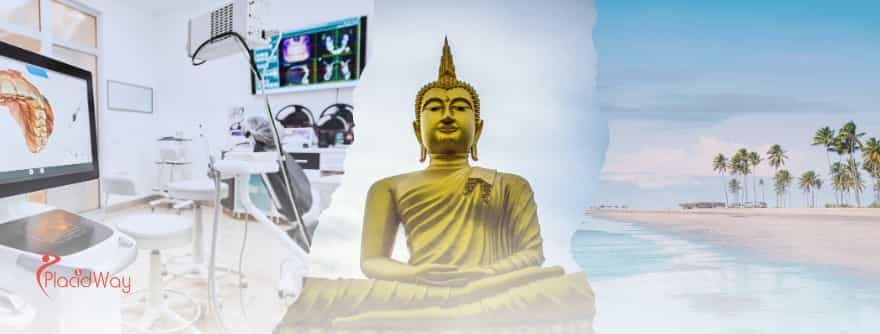
Expert Insight
"The key for patients is to look for accreditation. A JCI-accredited clinic in Bangkok operates under the same strict protocols as a top hospital in Auckland or Sydney. Their prosthodontists are often trained in the US, UK, or Australia, bringing global expertise. The cost difference isn't due to lower quality; it's due to lower overhead, labour costs, and a highly competitive market."
The All-Important Question: Cost of Dental Crowns in Thailand vs. New Zealand
The cost of a single dental crown in New Zealand can range from $1,800 to over $3,500 NZD, depending on the material and dentist. In Thailand, the same high-quality crown often costs between $400 and $1,000 NZD, representing a saving of 70-75%.
This staggering price difference is the main reason affordable dentistry in Thailand is booming. Even after factoring in flights (which can be found at reasonable prices from Auckland) and accommodation, the total cost for one or two crowns is often less than the procedure alone in New Zealand. For patients needing multiple crowns or a full mouth restoration, the savings can be life-changing, often exceeding $20,000.
Here is a direct comparison of typical "out-of-pocket" expenses for a single dental crown.
Cost Comparison: Dental Crown (Per Tooth)
| Crown Type | Average Cost in New Zealand (NZD) | Average Cost in Thailand (NZD) | Estimated Savings |
| Porcelain-Fused-to-Metal (PFM) | $1,800 - $2,500 | $400 - $600 | ~75% |
| All-Porcelain / E-Max Crown | $2,000 - $3,000 | $550 - $800 | ~73% |
| Zirconia Crown | $2,200 - $3,200 | $600 - $900 | ~72% |
| CEREC (Same-Day Crown) | $2,500 - $3,500 | $700 - $1,000 | ~71% |
Note: Prices are estimates and can vary based on the clinic's reputation, the dentist's experience, and the complexity of the individual case.
The Dental Crown Procedure: A Step-by-Step Timeline
Getting a dental crown in Thailand is a highly efficient process. It traditionally requires two main appointments over 5-7 days, but with CEREC technology, it can be completed in a single 2-3 hour appointment.
Understanding the timeline is crucial for planning your trip. You have two main pathways:
The Traditional Multi-Visit Process (5-7 Days)
This is the classic method, known for its precision and durability, and is ideal if you plan to enjoy a holiday between appointments.
-
Visit 1: Consultation & Preparation (Day 1-2)
-
Consult & X-ray: Your dentist examines the tooth, takes X-rays, and discusses your options.
-
Preparation: The tooth is numbed, and your dentist reshapes it by filing it down to make space for the crown.
-
Impression: An impression (either with digital putty or a 3D digital scanner) is taken of the prepared tooth and surrounding teeth.
-
Temporary Crown: A temporary crown is placed to protect the tooth while your permanent one is made.
-
-
Lab Fabrication (Day 2-5)
-
Your impressions are sent to a high-tech dental lab where technicians craft your custom zirconia or E-Max crown. This usually takes 3-5 days. This is your "holiday" time.
-
-
Visit 2: Final Fitting (Day 5-7)
-
The temporary crown is removed, and the permanent crown is placed over the tooth to check for fit, bite, and colour.
-
After any minor adjustments, the new crown is permanently cemented into place.
-
The Same-Day CEREC Crown Revolution (1 Day)
This is the ultimate option for dental tourism patients on a tight schedule.
-
The Single Visit (2-3 hours)
-
Preparation: The tooth is prepared just like the traditional method.
-
Digital Scan: A 3D intraoral camera takes a precise digital "impression" of your tooth.
-
Digital Design: The dentist designs your crown on a computer right in front of you using CAD (Computer-Aided Design) software.
-
In-House Milling: The design is sent to an in-house CAM (Computer-Aided Manufacturing) milling machine, which carves your crown from a solid block of high-quality ceramic in about 15-20 minutes.
-
Fitting & Bonding: The crown is tried in, polished, and then permanently bonded to your tooth. You walk out with your permanent crown the same day.
-
Finding the Best Dental Clinic in Thailand
With so many options, the key is to focus on measurable quality signals. Prioritise clinics with international accreditation (JCI), transparent pricing, and verifiable reviews from other New Zealand or Australian patients.
Not all clinics are created equal. To ensure your safety and a high-quality outcome, do your homework. Look for:
-
JCI Accreditation: This is the most important factor. Joint Commission International is a US-based organisation that audits and accredits hospitals and clinics to a rigorous global standard.
-
Dentist Qualifications: Look at the "Our Team" page. Top clinics will have prosthodontists (crown specialists) who are board-certified and often have training or degrees from the US, UK, Australia, or Europe.
-
Patient Reviews & Galleries: Look for before-and-after photos and video testimonials. Specifically, look for reviews from other Kiwis, as they will have had a similar experience and journey.
-
Technology: Does the clinic advertise digital smile design, 3D scanners, and an in-house lab or CEREC? This indicates a serious investment in modern technology.
-
Transparency: A reputable clinic will provide a clear, itemised, all-inclusive quote after an online consultation (based on your X-rays from NZ). There should be no hidden fees.
Did You Know?
Many of Thailand's premier dental hospitals, like the Bangkok International Dental Hospital (BIDH), are JCI-accredited. They are large, multi-story facilities with dozens of specialists, in-house labs, and even their own patient guesthouses, operating more like full-service hospitals than small dental clinics.
Recovery, Aftercare, and Guarantees
Recovery from a crown procedure is minimal, with most patients resuming normal activities immediately. Reputable Thai clinics offer a local warranty on their work, typically ranging from 2-5 years, which covers material failure.
Immediately after your procedure, you might experience some temporary sensitivity to hot or cold, especially if the tooth still has a live nerve. This usually fades within a few days. Your new crown requires no special care beyond good oral hygiene—brushing twice a day, flossing daily, and attending regular check-ups.
What About Dental Guarantees?
This is a critical question for medical tourism. Top Thai clinics stand by their work and offer a local guarantee.
-
What it covers: The guarantee typically covers the replacement or repair of the crown if it fails due to materials or workmanship (e.g., it chips, breaks, or debonds).
-
What it doesn't cover: The guarantee is local, meaning you must return to the clinic in Thailand to have the work done. It does not cover your flights or accommodation. It also doesn't cover issues that arise from new decay, gum disease, or trauma to the tooth.
-
Duration: A 2-year warranty on ceramic crowns and a 5-year warranty on zirconia crowns is a common and fair offer.
Planning Your Dental Holiday from New Zealand
Planning a dental trip from New Zealand is straightforward. Kiwis receive a 30-day visa exemption on arrival in Thailand. Direct flights from Auckland to Bangkok are frequent, and accommodation is abundant and affordable.
-
Start with an Online Consultation: Before you book anything, contact a provider like PlacidWay. They can connect you with accredited clinics. You will send your dental records and recent X-rays (which you can get from your NZ dentist) to receive a detailed treatment plan and quote.
-
Book Flights & Accommodation: Once your plan is set, book your flights. Look for accommodation near your chosen clinic (many clinics have partner hotels with special rates).
-
Schedule Your Trip: For traditional crowns, plan for a 7-10 day trip. For CEREC crowns, a 3-4 day trip is feasible, though most patients choose to stay longer and enjoy a holiday.
-
Travel: Fly from Auckland, Wellington, or Christchurch. Upon arrival in Bangkok (BKK) or Phuket (HKT), you'll be granted a 30-day visa-exempt stay.
-
Enjoy: Attend your appointments and spend your free time enjoying Thailand's incredible food, culture, and hospitality.
Frequently Asked Questions (FAQs)
How long do I need to stay in Thailand for a dental crown?
It depends on the technology. For a traditional crown (PFM, Zirconia, E-Max), you should plan for 5 to 7 days. This allows for your initial preparation appointment, 3-5 days for the lab to create the crown, and a final fitting appointment. If your clinic offers CEREC technology, you can have your permanent crown designed, milled, and fitted in a single 2-3 hour visit.
Is the dental work in Thailand high quality and safe?
Yes, provided you choose a reputable and accredited clinic. The best clinics in Thailand are JCI-accredited, meaning they follow the same high standards for hygiene, patient safety, and quality as top hospitals in New Zealand. Many of their dentists are internationally trained, and they use the same high-quality materials (like Ivoclar E-Max and Zirconia blocks) as any top NZ dental lab.
What is the best type of dental crown to get?
This depends on your needs. For front teeth, E-Max or layered Zirconia crowns offer the best, most natural-looking aesthetics. For back teeth (molars) that endure heavy chewing forces, a Solid Zirconia crown is exceptionally strong and durable. Your dentist will recommend the best material for your specific situation.
How long do dental crowns from Thailand last?
With proper care, crowns from Thailand last just as long as crowns from New Zealand. A PFM or all-porcelain crown can last 5-15 years, while durable Zirconia crowns can last 10-20 years or even a lifetime. Longevity depends on your oral hygiene, avoiding bad habits (like grinding or ice-chewing), and regular dental check-ups.
Can I get multiple crowns done in one trip?
Absolutely. In fact, this is where the savings become most significant. Many Kiwis travel to Thailand for a full smile makeover or full mouth restoration, which can involve 8, 16, or even 28 crowns and veneers. The process is the same, just scaled up, and is easily completed within a 1-2 week dental holiday.
What happens if my crown from Thailand fails back in New Zealand?
This is the main risk of dental tourism. Reputable Thai clinics offer a local warranty (e.g., 2-5 years). If the crown fails due to a material defect, they will fix or replace it for free, but you must fly back to Thailand at your own expense. Most NZ dentists are happy to do check-ups and cleanings on overseas work, but they may be hesitant to replace or repair a single failed crown, or they will charge their full local fee to do so.
Start Your Journey with PlacidWay
Ready to explore your options for a high-quality, affordable dental crown in Thailand? Don't navigate the complex world of medical tourism alone.
The team at PlacidWay is your trusted partner. We connect you with a network of pre-vetted, JCI-accredited dental clinics in Bangkok, Phuket, and beyond. We help you get free, no-obligation quotes from top Thai dentists, compare treatment plans, and understand the entire process from start to finish.
Take the First Step Towards Your New Smile and Save Thousands




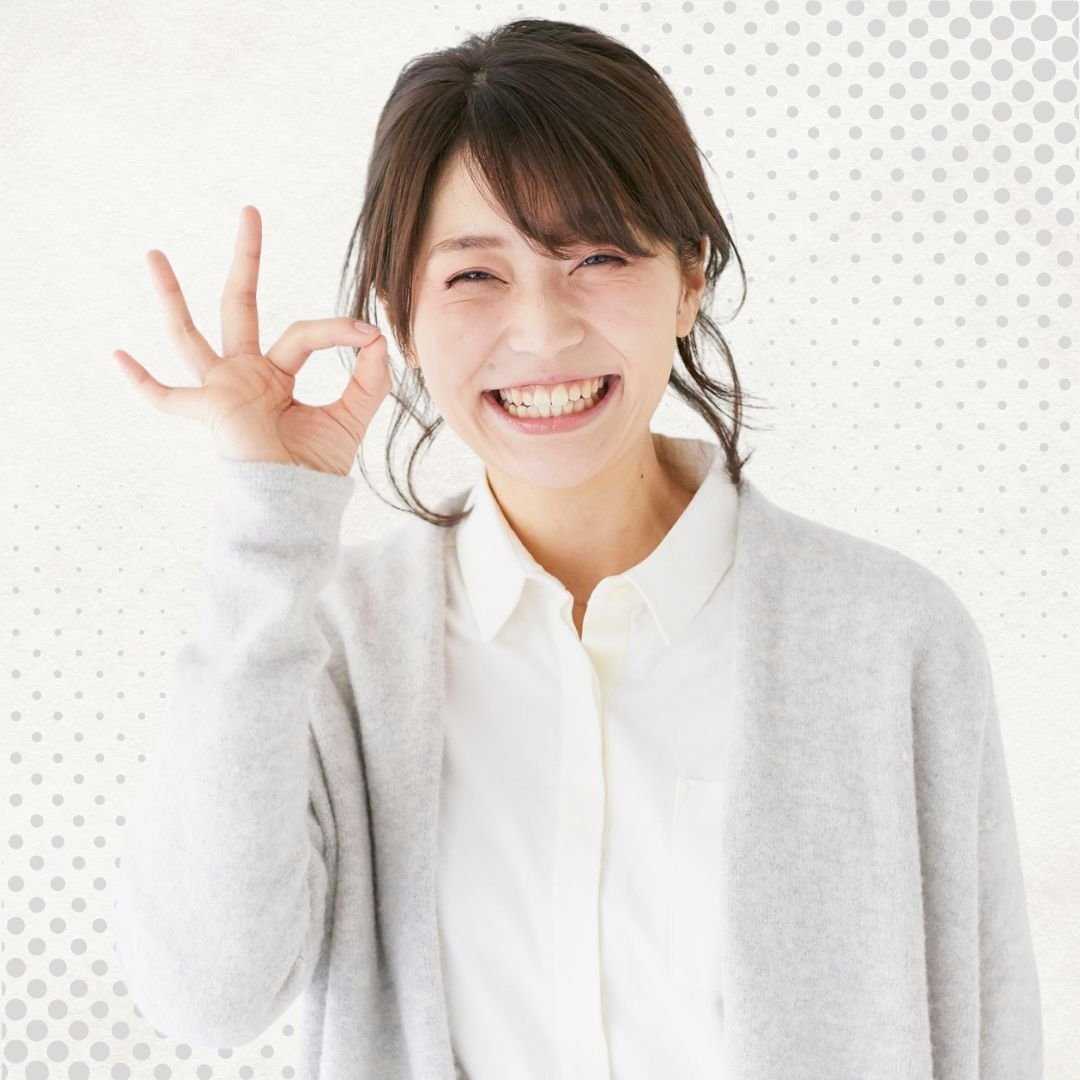

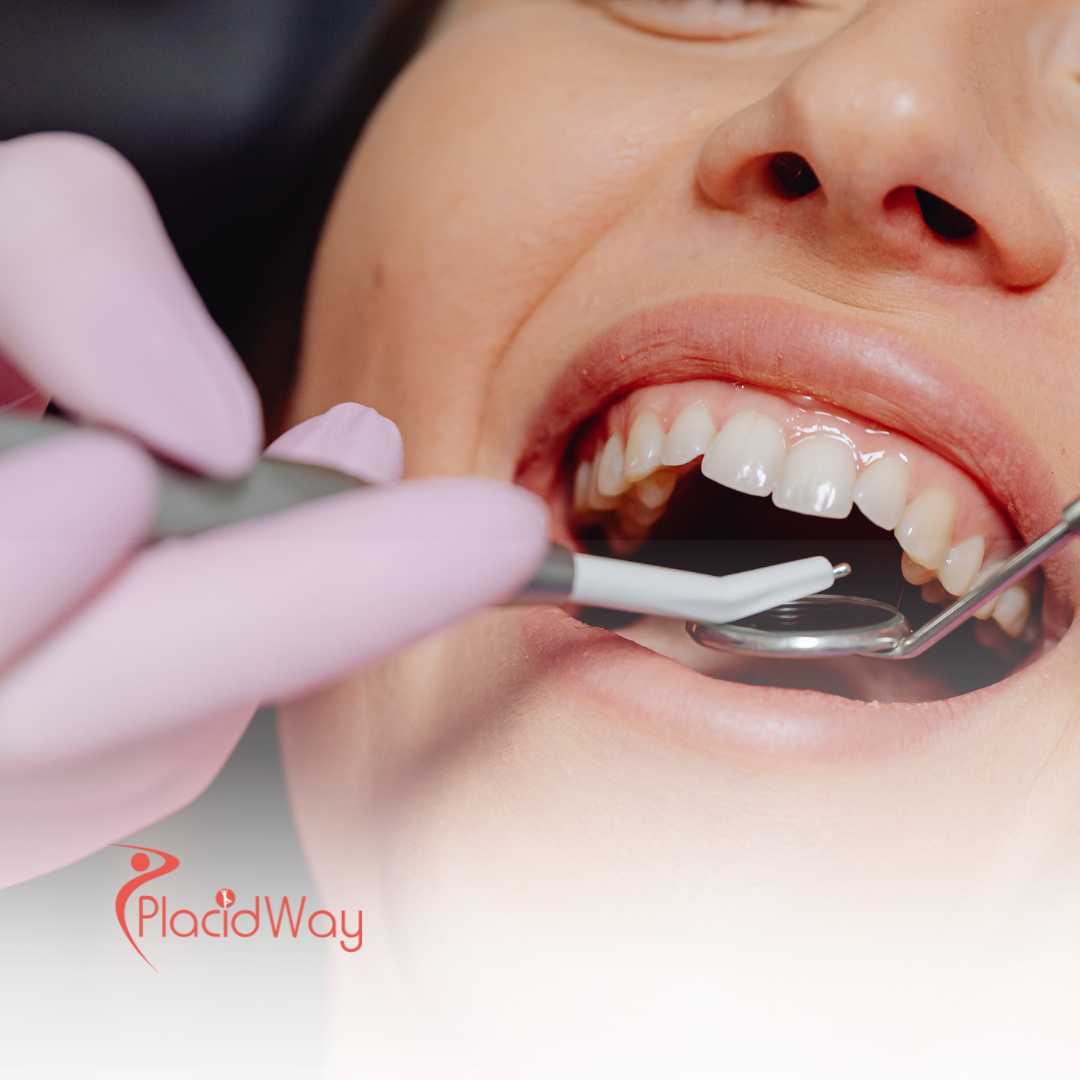
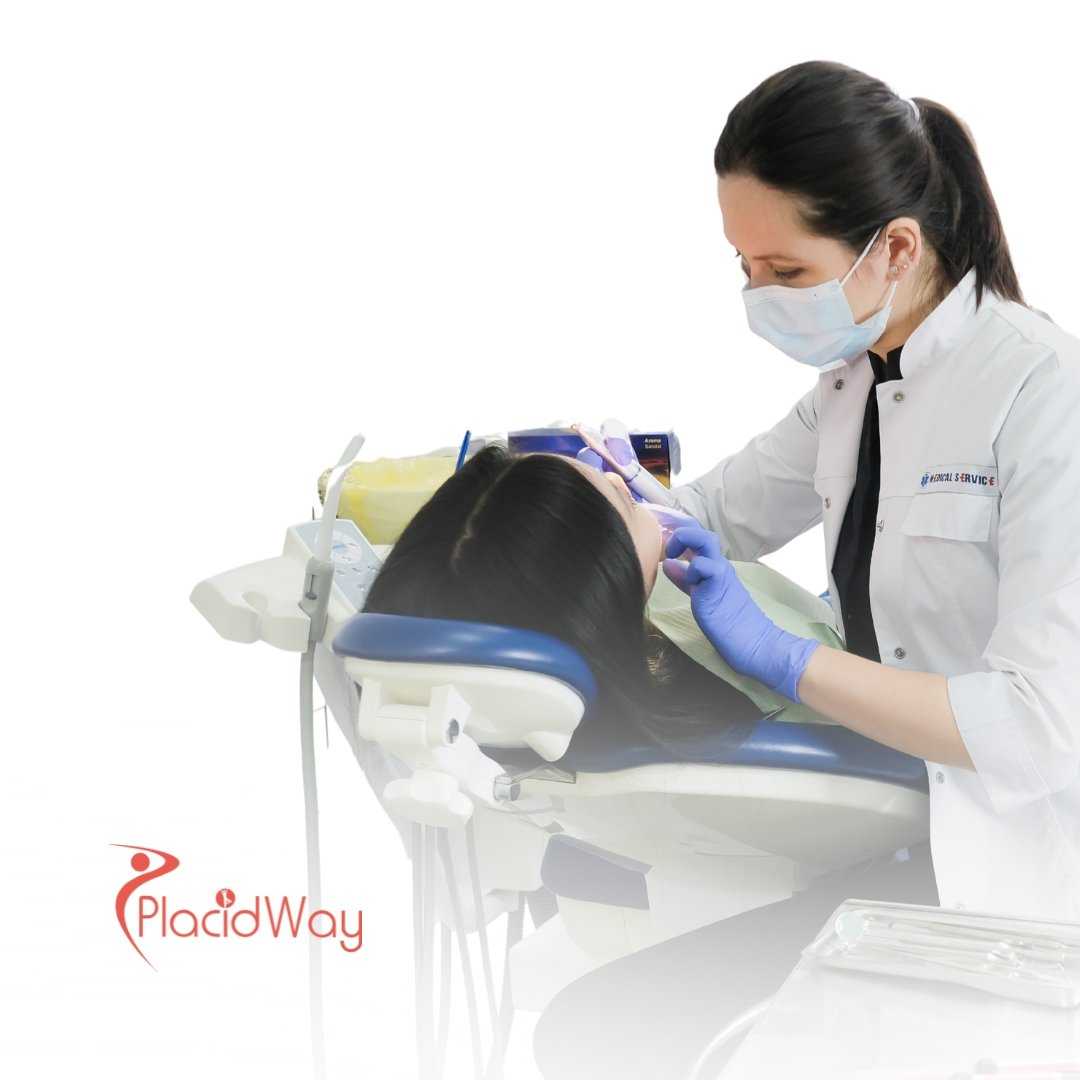
.png)
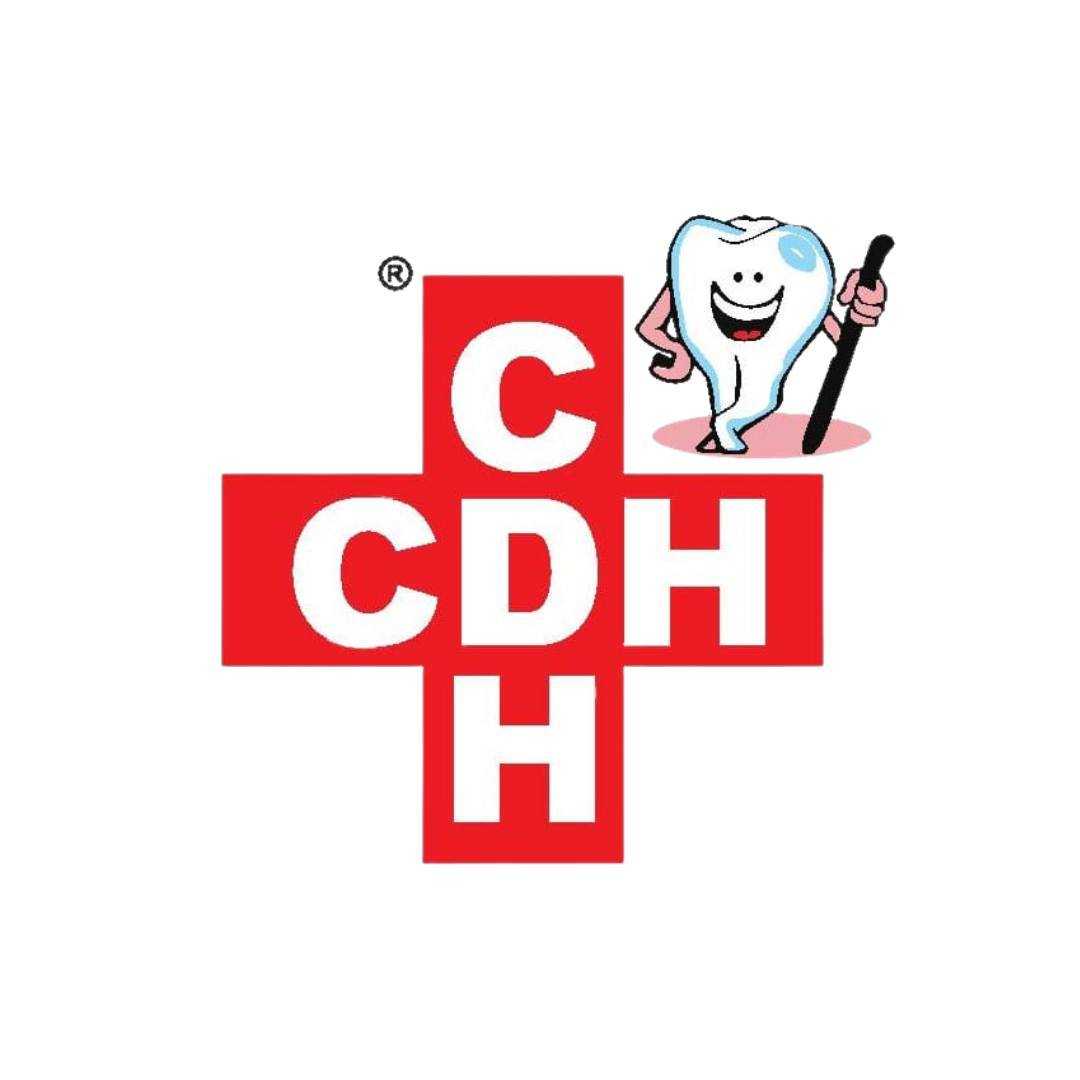
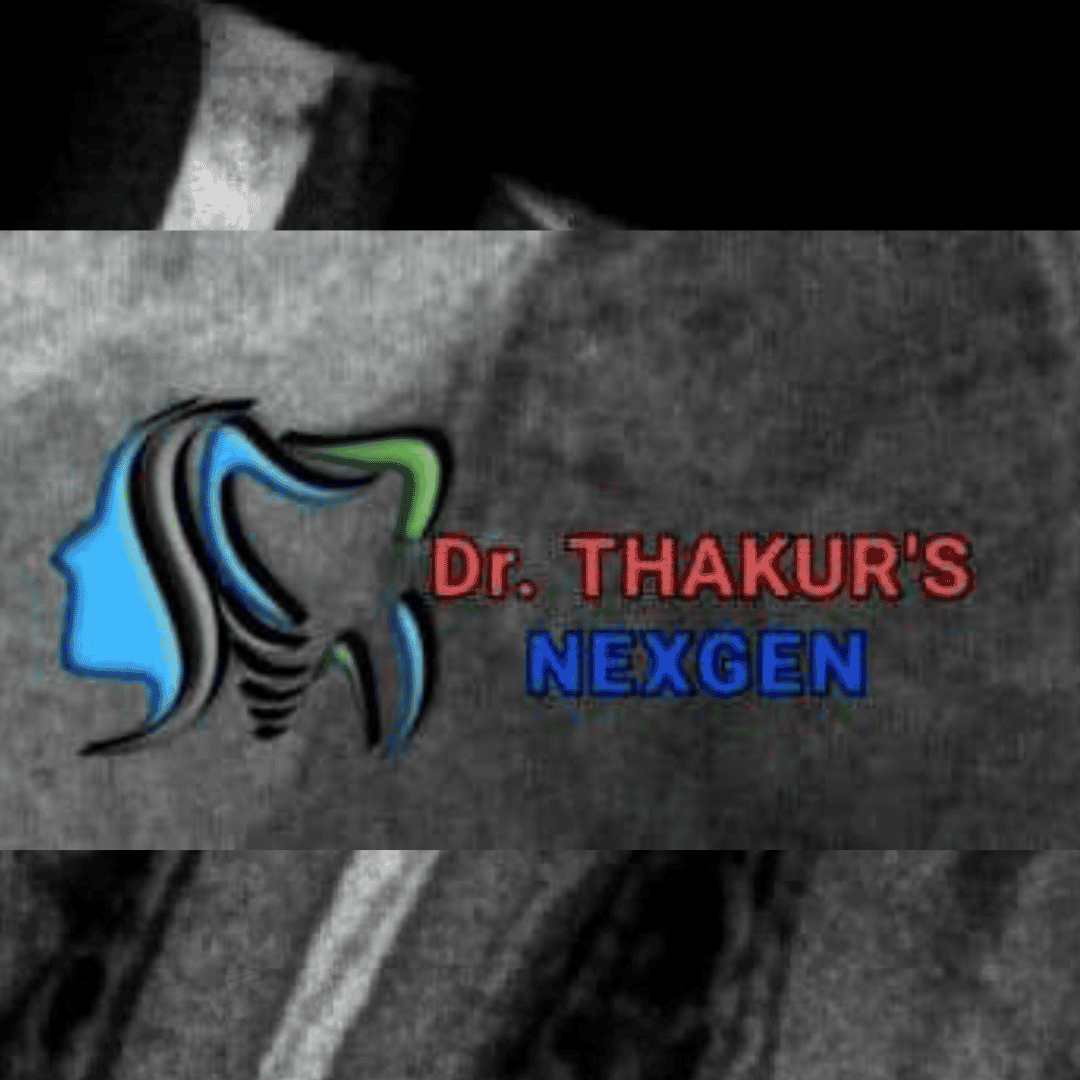
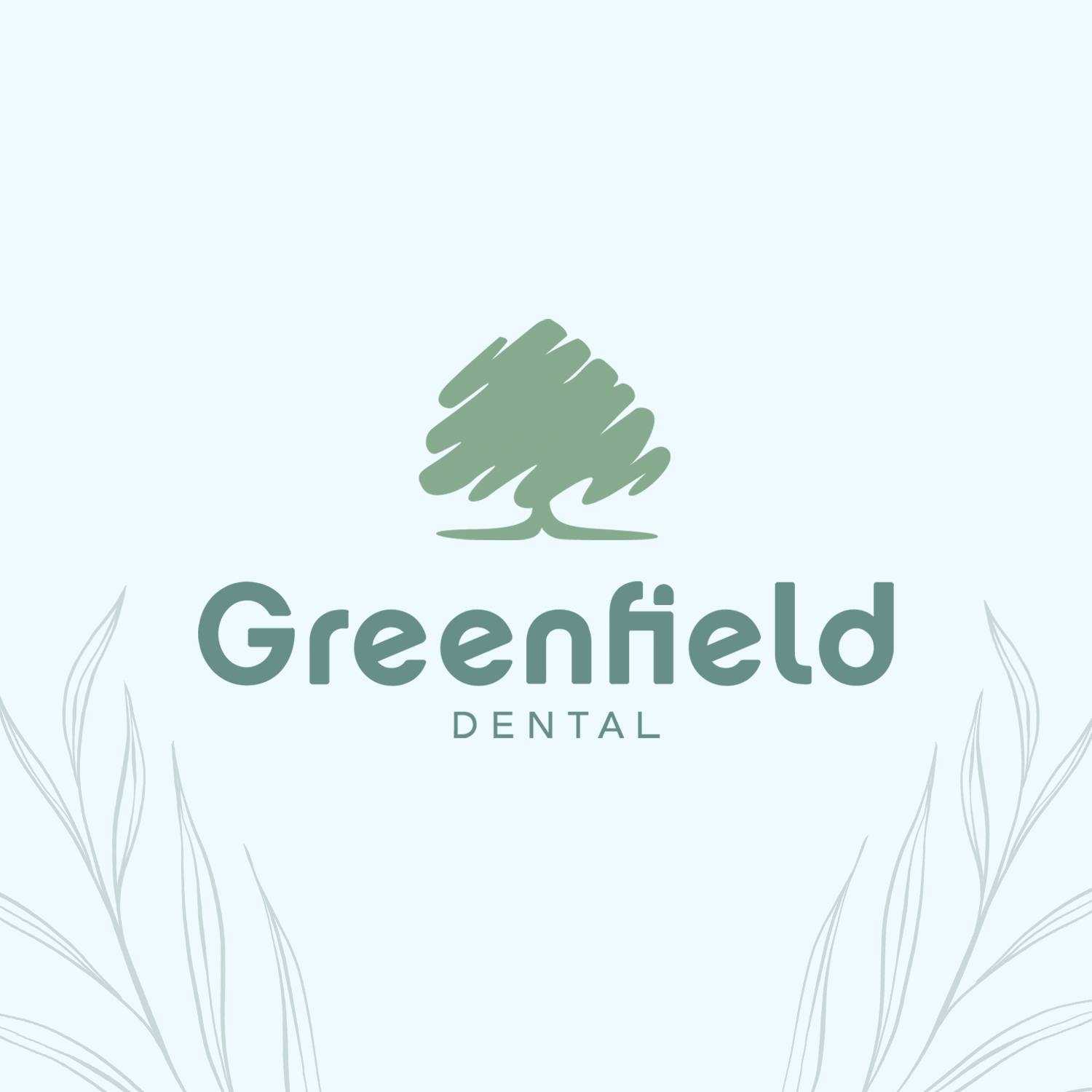



Share this listing